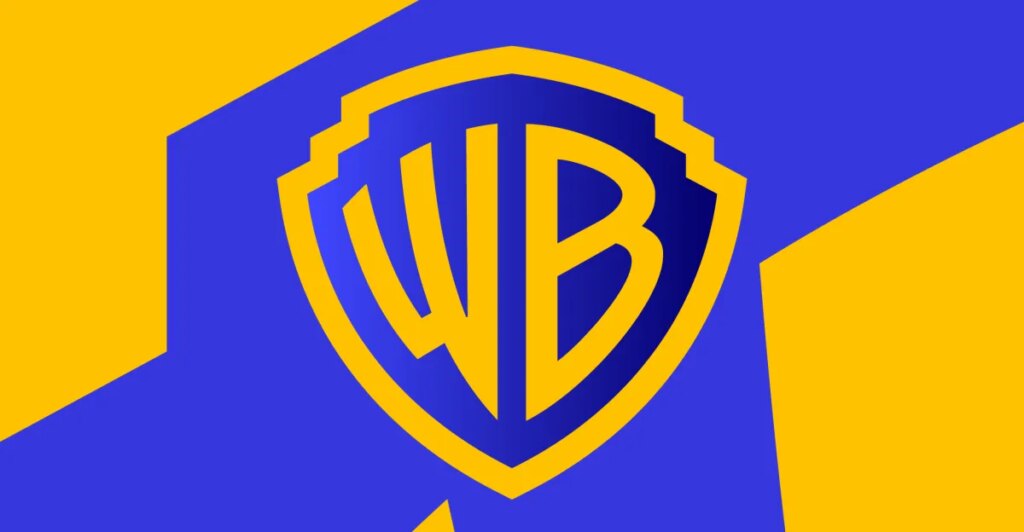As WBD’s head, who has one way or the other managed to maintain his place throughout a tenure marked by a number of rounds of layoffs and a wildly misguided try at killing the HBO model in favor of “Max,” Zaslav has a vested curiosity in spinning a possible acquisition as positively as he can. However if you look again at Warner Bros.‘ lengthy historical past of mergers and acquisitions, it’s straightforward to see how poorly these offers have at all times shaken out for everybody besides the concerned firms’ govt management. This taste of company consolidation in pursuit of infinite development and rising shareholder worth has invariably led to devastating job cuts and worth hikes for shoppers — all whereas chipping away on the competitiveness that encourages firms to supply high quality merchandise.
Acquisitions have been a part of Warner Bros.’ company DNA lengthy earlier than Discovery got here into the image. Placing Warner Bros. up on the market again in 1956 and secretly orchestrating a plan to purchase a majority of the corporate’s inventory for himself is how Jack Warner was capable of set up himself because the studio’s president. Subsequent offers all through the ’60s and ’70s have been key to Warner Bros.’ continued survival throughout a time when it was nonetheless thought of a Hollywood underdog in comparison with studios like Paramount, Metro-Goldwyn-Mayer, and Common. However issues had taken a flip by the early ’90s when Warner Communications’ dire monetary state of affairs led to it merging with HBO proprietor Time Inc.
For Time Warner — an organization with roots within the very early twentieth century — the ’90s have been a profitable interval of modernization and growth that made it one of the beneficial leisure giants on this planet. That development and the corporate’s historic legacy are precisely what made it an acquisition goal for America On-line (AOL), which purchased Time Warner Leisure for round $182 billion in 2000.
It’s arduous to overstate simply how catastrophically the AOL Time Warner deal labored out ultimately. The overall thought was that AOL’s on-line platform might turn out to be a digital house for Time Warner’s big range of content material, which might theoretically entice new subscribers. Time Warner’s high-speed cable strains would offer the bodily infrastructure mandatory for AOL subscribers to entry this media-rich content material. This plan may need labored have been it not for the appearance of broadband web, which was sooner and extra dependable than AOL’s dial-up choices, and inside a pair years of the corporate’s merger it was already bleeding billions of {dollars}.
1000’s of AOL employees have been laid off virtually instantly, and much more workers from AOL Time Warner’s different divisions have been left questioning if they could additionally lose their jobs after the corporate introduced its plan to shut Warner Bros. retail shops. The deal, which Time Warner executives at one level mentioned would “unleash immense prospects for financial development, human understanding and inventive expression,” in the end ruined lives and lower the corporate’s worth right down to a fraction of what it had beforehand been. The state of affairs additionally left Time Warner — which spun Time Inc. off in 2014 following a spherical of layoffs — with an enormous quantity of debt that also looms over present-day iterations of the corporate.
That debt didn’t cease AT&T from making a profitable bid to amass Time Warner and rename it WarnerMedia in 2018 after a federal choose dominated in opposition to the Division of Justice’s antitrust lawsuit meant to dam the $85.4 billion deal. In distinction to the DOJ’s insistence that the merger would scale back competitors, AT&T argued that combining with WarnerMedia would assist it put up a stronger combat in opposition to newer gamers like Netflix and Amazon. AT&T additionally pointed to its rival Comcast’s acquisition of NBCUniversal in 2011 as one other instance of how the general public didn’t should be involved about vertical mergers (mergers between firms that aren’t rivals) for antitrust causes.
By 2020, the covid-19 pandemic’s onset and an inside restructuring centered on streaming video initiatives put hundreds of WarnerMedia workers out of labor. Then-CEO Jason Kilar insisted that the job cuts have been mandatory “for us to evolve how we function within the context of finest serving clients.” However that evolutionary path had seemingly hit a useless finish by the next Could, when AT&T introduced that it was within the means of promoting WarnerMedia to Discovery in a $43 billion all-stock deal that also left WarnerMedia and its new proprietor with that very same looming debt.
Historical past tells us that if and when that occurs, extra individuals will lose their jobs, shoppers will likely be left with fewer choices to select from, and leisure firms may have much less of a motive to really compete with each other. Zaslav and different members of WBD’s management would have the ability to pat themselves on the again brokering a deal that enriches them personally. However no matter who buys Warner Bros., the general public could be left with a media panorama made much more dominated by a choose few billionaires.
{content material}
Supply: {feed_title}

